On Friday, the US Army delivered 24 armored vehicles to Kenyan police in Haiti.
On August 23, the Mine-Resistant Ambush Protected (MRAP) arrived at Port-au-Prince’s main airport aboard a US Air Force C-17 cargo plane.
The desperately needed personnel carriers were dispatched just days after the Kenyan team complained about a lack of resources and excessive delays in support.
Kenya sent 400 police officers to the UN-backed security mission in Haiti, which is tasked with combating heavily armed gangs.
The Haitian government first requested security assistance in 2022.A handful of countries have pledged to raise a team of 2,500 police officers, but the Kenyans are currently the only team in Haiti.
The 24 new carriers join the 10 previously provided by the United States.
The Americans also delivered 34 Overhead Gunner Protection Kits, or “turrets,” which military-funded contractors will install on armored vehicles to improve their field of view during joint operations with the national police.
The Kenyan team withdrew from Ganthier, a town 30-minute drive from Port-au-Prince, at the end of July after engaging in intense gunfights with gang members.
Haitian media reported that the first MRAPs lacked towers, making it difficult for Kenyans to fight or respond to attacks.
By August 1, the gang war in Ganthier had displaced approximately 6,000 residents, according to UN data.
Jamaica and the Bahamas are expected to deploy by early September, after evaluating the situation.
The first batch of Kenyan officers arrived in Haiti on June 25 and have since helped to calm large parts of Port-au-Prince.
Kenyans have seized control of a port, a national hospital, and a major road connecting the city to the Puerto Rican border, which had been controlled by gangs for years.
Kenyan team leaders have met with ambassadors and authorities in the hopes of receiving additional equipment soon.
The police are in Haiti to assist the Haitian National Police in re-establishing law and order and fostering an environment conducive to national elections.
Haitian Prime Minister Garry Conille expressed concern about funding delays for the Kenya-led mission, warning that delayed support could jeopardize the entire operation.
“People are living under very bad circumstances. So, they want to see action. They want to see movement,” he said.“
Unfortunately, the resources are not enough and not coming quickly enough. We understand that there are a lot of emergencies going on and heavy fatigue, but the good news is that there is hope.”
According to recent reports from Haiti, the police officers dispatched to the country are experiencing significant difficulties.
It’s been two months and they have still not been paid. They also claim they did not receive adequate medical coverage/care.
Furthermore, they claim the Wi-Fi there is unreliable, so some officers had to purchase local SIM cards, which are expensive due to high airtime costs.Kenyan police are in Haiti to assist local officials in regaining control of the capital after gangs nearly overran it.
Aside from Kenya, Benin, Jamaica, the Bahamas, Belize, Barbados, Antigua and Barbuda, Bangladesh, Algeria, Canada, and France have all agreed to send officers to Haiti.





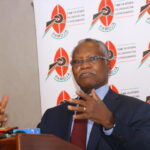

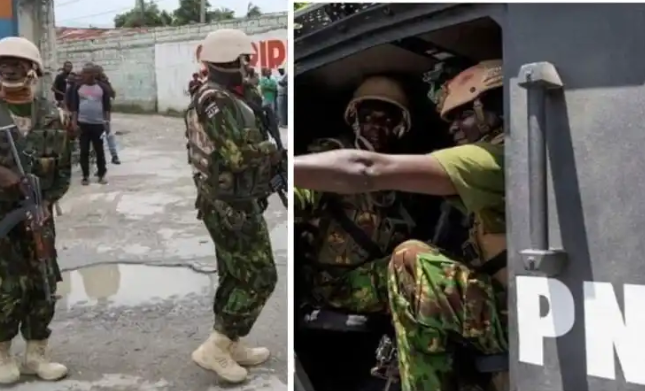







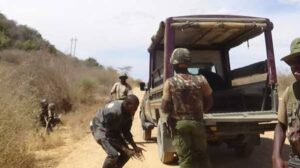

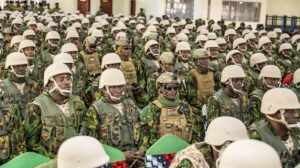
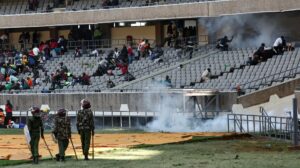
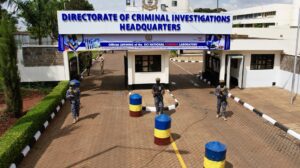

Add Comment